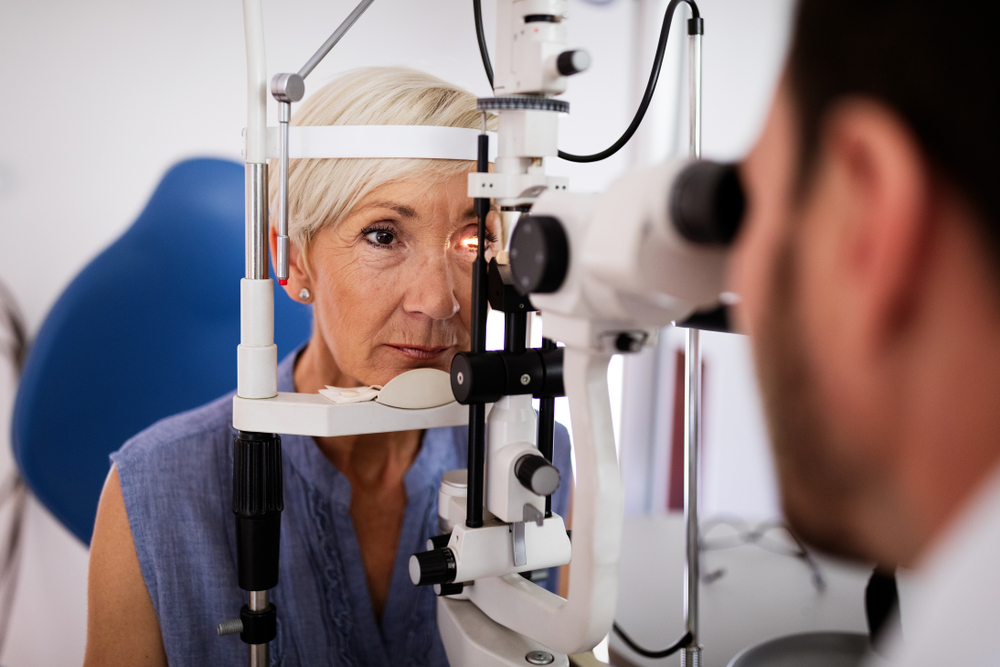
Do you know much about a common eye condition called glaucoma? Do you know it affects millions of Americans and is a leading reason for vision loss and blindness? Scary, right? Fortunately, early diagnosis and intervention can lessen the disease's tendency to develop. It affects millions worldwide and has no known cure. What you should know about this eye problem is as follows.
What Is Glaucoma?
Before delving into its risk factors, it is vital to comprehend what glaucoma is. Glaucoma is a collection of eye disorders that damage the optic nerve. This nerve transmits images from the eye to the brain.
An increase in intraocular pressure, often known as eye pressure, causes this harm. As the optic nerve becomes more damaged, the patient may start experiencing vision loss. It starts from the peripheral vision and eventually leads to total blindness.
Glaucoma is a silent thief of sight because it typically has no early warning signs or symptoms. Yet as time goes on, you can experience eyesight alterations. Here are a few typical glaucoma signs and symptoms:
Loss of peripheral vision
Tunnel vision
Blurred vision
Halos around lights
Eye pain or headache
Nausea or vomiting
Risk Factors
Age
As you age, your risk of developing this eye condition goes up. The Glaucoma Research Foundation states that those over 60 have an increased risk of having the condition. Your eyes' drainage system becomes less effective as you age. IOP rises as a result, which can harm the optic nerve.
Family History
Does a family member have glaucoma? If so, your risk of developing the condition rises. Studies show you are up to six times more likely to develop this eye disease. Does glaucoma run in your family? If so, undergoing regular eye exams is crucial, even if you do not notice any symptoms.
Race
This eye condition is more prevalent in certain races than others. Asians, African Americans, and Hispanics are more prone to develop it than Caucasians. This may be due to genetic factors or differences in eye structure.
Medical Conditions
Glaucoma risk can rise due to several medical issues. For example, diabetes increases the risk of glaucoma development. This is because excessive blood sugar levels can harm eye blood vessels. The chance of acquiring the condition may also be higher in people with hypertension and heart disease.
Eye Injuries
Glaucoma development is more likely following eye injuries. Trauma to the eye can damage the drainage system, leading to an increase in IOP. Regular comprehensive eye exams are crucial to prevent this condition from developing after an eye injury.
Use of Steroids
Steroid use over an extended period can raise your risk of glaucoma. Prolonged use of these drugs can increase IOP, damaging the optic nerve.
Conclusion
This eye ailment can cause blindness or irreversible visual loss if left untreated. Although incurable, early diagnosis and treatment can help slow or halt its progression. Regular eye exams are crucial if you are at risk of getting glaucoma. It would be best to heed your doctor's recommendations to slow or stop the condition's advancement.
For more on glaucoma, visit Grandview Eyecare at our Hebron or Fairbury, Nebraska office. Call (402) 768-6651 or (402) 729-6162 to schedule an appointment today.







